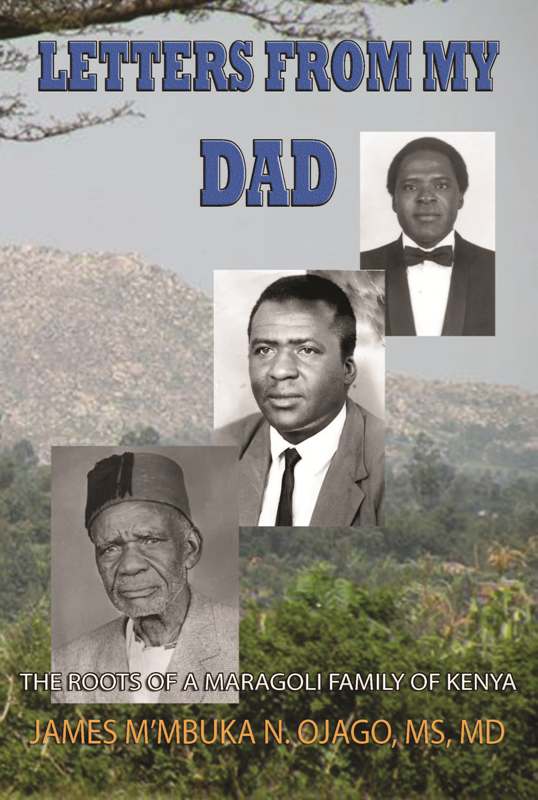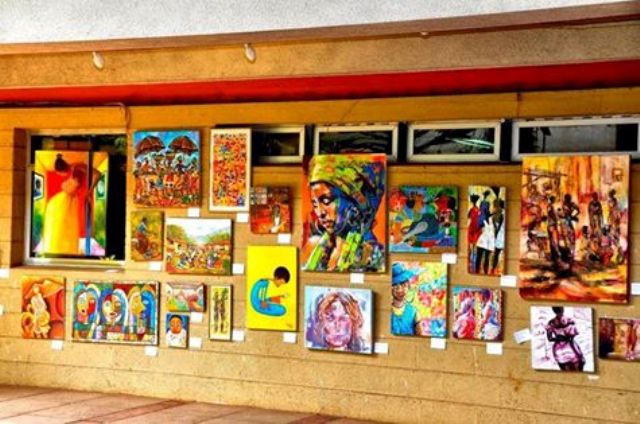By Ogova Ondego
Published November 3, 2013
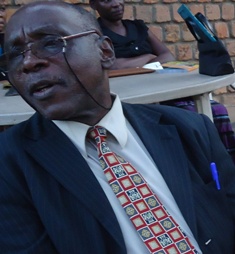 Academics like Kenyan George Kinoti, Ugandan Austin Bukenya and South Sudanese Taban lo Liyong are calling upon Africans to go back to pre-colonial traditional values for the continent not just to survive but to thrive as well.
Academics like Kenyan George Kinoti, Ugandan Austin Bukenya and South Sudanese Taban lo Liyong are calling upon Africans to go back to pre-colonial traditional values for the continent not just to survive but to thrive as well.
“Our very survival is under serious threat; Consider what happened to the indigenous people of North America, South America and the Caribbean when their civilization were infiltrated by the Western civilization. Impoverishment, war, disease and breakdown of traditional culture virtually wiped out those indigenous peoples. The same forces are at work in Africa today and therefore I fear for our future,” Kinoti, a professor of zoology, writes in Hope for Africa and What the Christian Can Do.
Cautioning Africans against servility, inferiority complex and dependency on the west that have made them to view ‘development’ as aping the cultures of white people’s worldview, lifestyle, names and hair style and colour. Prof Kinoti warns that this results in a parody of Western cultures in Africa and makes the people a subject of derision and ridicule.
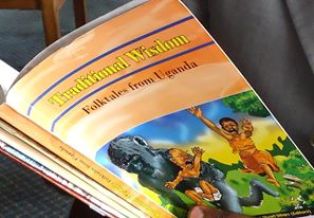 “This inferiority has been exploited by the French and the Portuguese through their policy of assimilation. It is widely exploited by the manufacturers of skin-lightening creams and other cosmetics which enable a black man, and especially a black woman, to look less African and presumably more European.”
“This inferiority has been exploited by the French and the Portuguese through their policy of assimilation. It is widely exploited by the manufacturers of skin-lightening creams and other cosmetics which enable a black man, and especially a black woman, to look less African and presumably more European.”
On his part, Austin Bukenya–credited with coining the word ‘Orature’ at Makerere University in Uganda in 1969 to describe ‘the study of the spoken word–argues that the teaching of oracy, orature or orateness in Africa will prevent conflict in society.
“Where people talk and listen to one another, there is little misunderstanding and conflict,” Bukenya contends. “Today’s generation neither listens to nor speaks to one another. It is lacking in social etiquette and politeness and doesn’t know the value of words like hello, excuse me or thank you. It is a generation of rude people who yell and shout at one another because it is deficient of oral skills. The result is violence, greed, selfishness and corruption.”
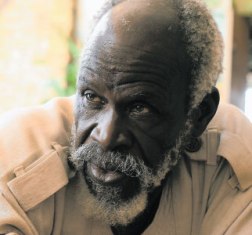 Bukenya says orature is at the core of not just linguistics but all forms of creativity in Africa and that it should be taught both formally and informally even during this age of Information Communications Technology (ICT).
Bukenya says orature is at the core of not just linguistics but all forms of creativity in Africa and that it should be taught both formally and informally even during this age of Information Communications Technology (ICT).
Saying Orature is at the core of education and development in Africa, Bukenya, who spoke during the 4th MAK-NUFU Folklore and Symposium and Book Launch in Makerere University, Kampala, Uganda, on April 28, 2012, argued that just as reading and comprehension is a skill, good speech is also a skill that should be taught and learnt in order to avoid conflict resulting from ‘in-oracy’.
The theme of the conference–at which a publication called Traditional Wisdom: Folktales from Uganda, was launched–was Oral Literature and Popular Culture: Contemporary Debates.â
The 276-page book is edited by Dominica Dipio of Makerere University of Uganda and Stuart Sillars of University of Bergen of Norway and published by ComMattersKenya of Nairobi, Kenya.
 During a literature conference held September 10-12, 2013 at University of Nairobi in Kenya and dubbed “East Africa at 50â€, Taban lo Liyong, in a paper titled Tribal Values, not Numbers, Count, railed against a perceived moral emptiness in East Africa. He derided the hollow persuasion that western democracy peddles where numbers matter and called for a re-inspection of moral selves.
During a literature conference held September 10-12, 2013 at University of Nairobi in Kenya and dubbed “East Africa at 50â€, Taban lo Liyong, in a paper titled Tribal Values, not Numbers, Count, railed against a perceived moral emptiness in East Africa. He derided the hollow persuasion that western democracy peddles where numbers matter and called for a re-inspection of moral selves.
Taban lo Liyong’s argument, Fred Mbogo reported for ArtMatters.Info, was a call to a return to the wisdom held by elders and which is assumed to have existed for eons from the days of pre-colonial Africa. That wisdom, when employed properly, should lead to some form of reconciliation among warring parties, especially in areas prone to ethnic conflict. But that same wisdom should be engaged in the process of imbuing values that counter greed but inculcate in society a sense of caring for one another.



